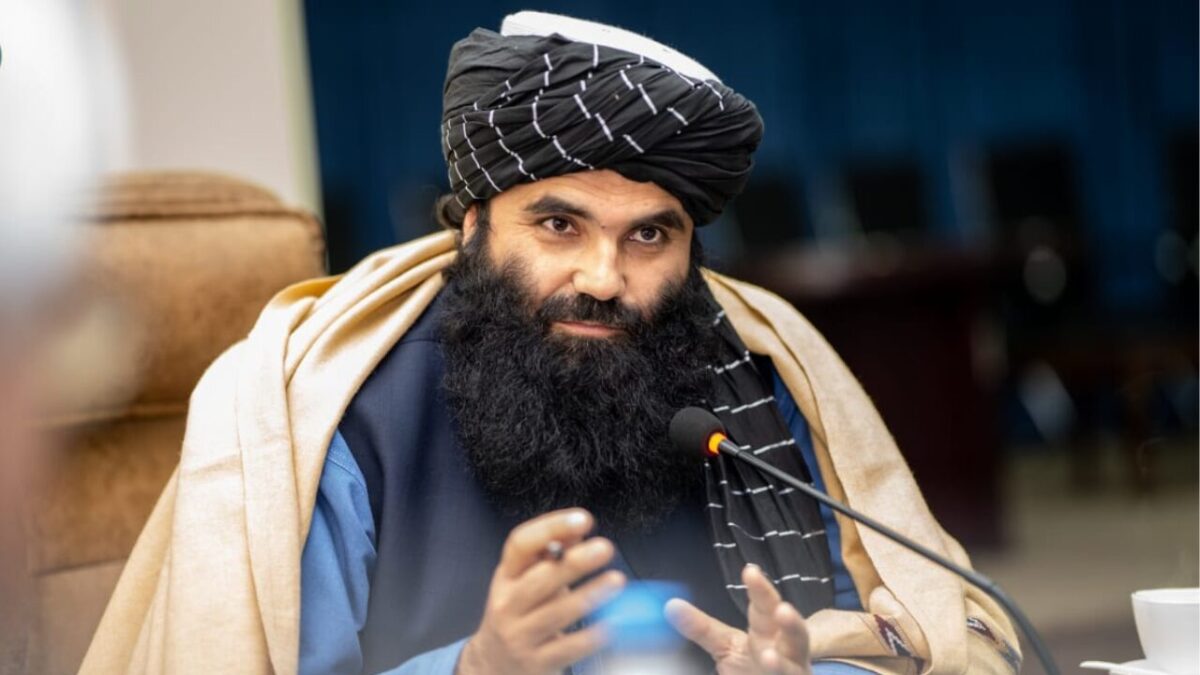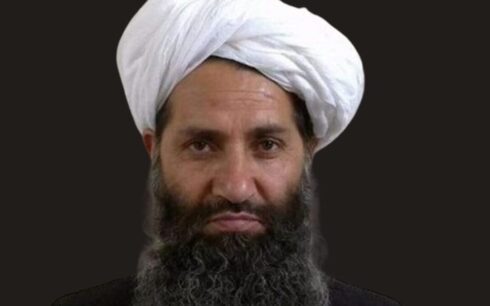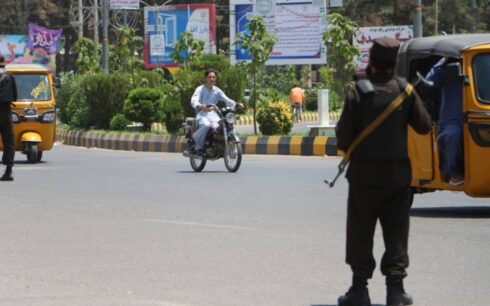KABUL, Afghanistan — Nineteen days after reappearing publicly at a mosque in Khost following a 52-day absence, Sirajuddin Haqqani, the acting interior minister of the Taliban, has yet to be seen at the ministry or participate in official events, raising fresh questions about his status and role within the Taliban hierarchy.
No photographs or statements have emerged to indicate that Haqqani has resumed his official duties, and unlike previous years, he did not appear in traditional Eid al-Fitr gatherings or release any public holiday messages.
A source close to Haqqani told Amu that the senior Taliban figure has “restricted his movements” due to what were described as “security threats and concerns.”
Tensions between the Kandahari faction of the Taliban and the Haqqani network have reportedly deepened in recent months, particularly after the dismissal of Abdul Kabir from the role of political deputy to the prime minister and his reassignment as acting minister for refugees — a post that, according to sources, the Haqqani faction had considered their own.
Although Kabir has maintained ties with the Haqqanis, the reshuffle was viewed by some insiders as a further erosion of the network’s political influence, particularly following reports that Taliban supreme leader Hibatullah Akhundzada has significantly curtailed Haqqani’s authority.
Three well-placed sources, including a senior Taliban official in Kandahar, previously told Amu that Haqqani’s power had been reduced under direct orders from Akhundzada. Analysts suggest Haqqani may now be seeking external political support as a pathway to restore or maintain influence within the Taliban structure.
“There are reports that Sirajuddin Haqqani has established communications with India, the UAE, Saudi Arabia, Turkey, and even the United States — both indirectly and directly,” said Aref Rahmani, a former member of parliament. “He could be leveraging these connections to preserve or rebuild his political standing.”
Despite repeated claims by Taliban spokesmen that the movement remains united, internal divisions were visible during Eid, when two separate Eid prayers were held just hundreds of meters apart: one at the Arg palace, led by Abdul Ghani Baradar, and another at the former Sapedar Palace, where Abdul Kabir — with backing from Haqqani loyalists — presided.
The Taliban leadership has not publicly addressed Haqqani’s absence from the Ministry of Interior or the broader implications of internal rivalries that have increasingly surfaced in recent months.





